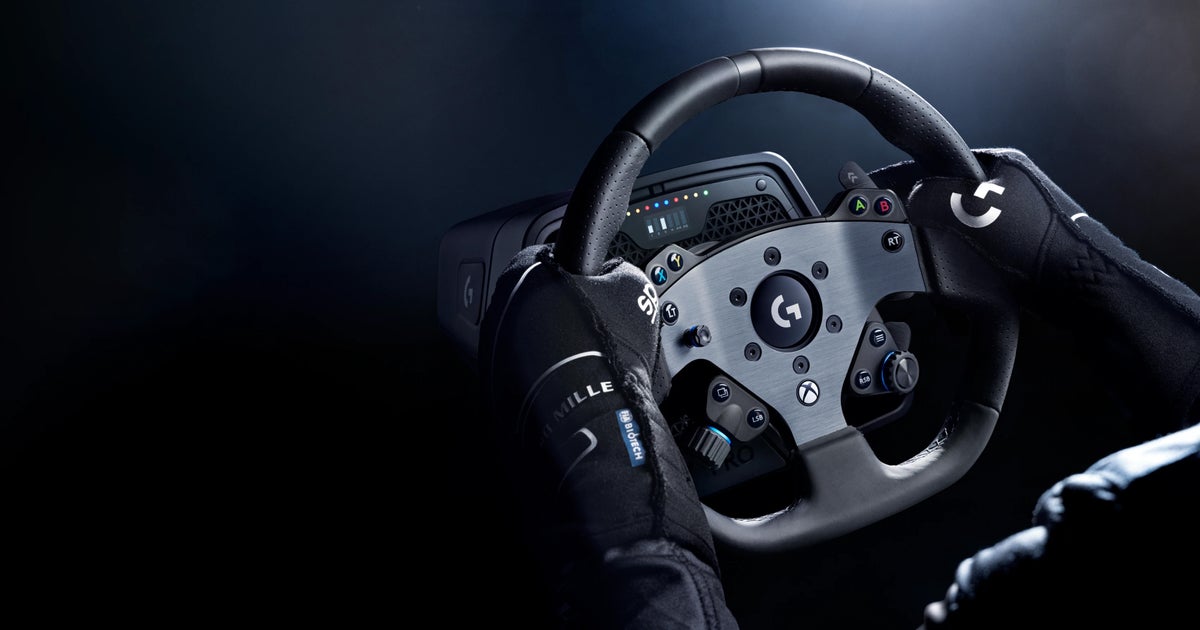The realm of virtual racing now offers unparalleled accessibility, boasting immersive titles and diverse hardware choices. Novices often start with basic controllers or entry-level wheels like the Logitech G92, while upgrading to direct drive systems provides heightened tactile precision at elevated price points.
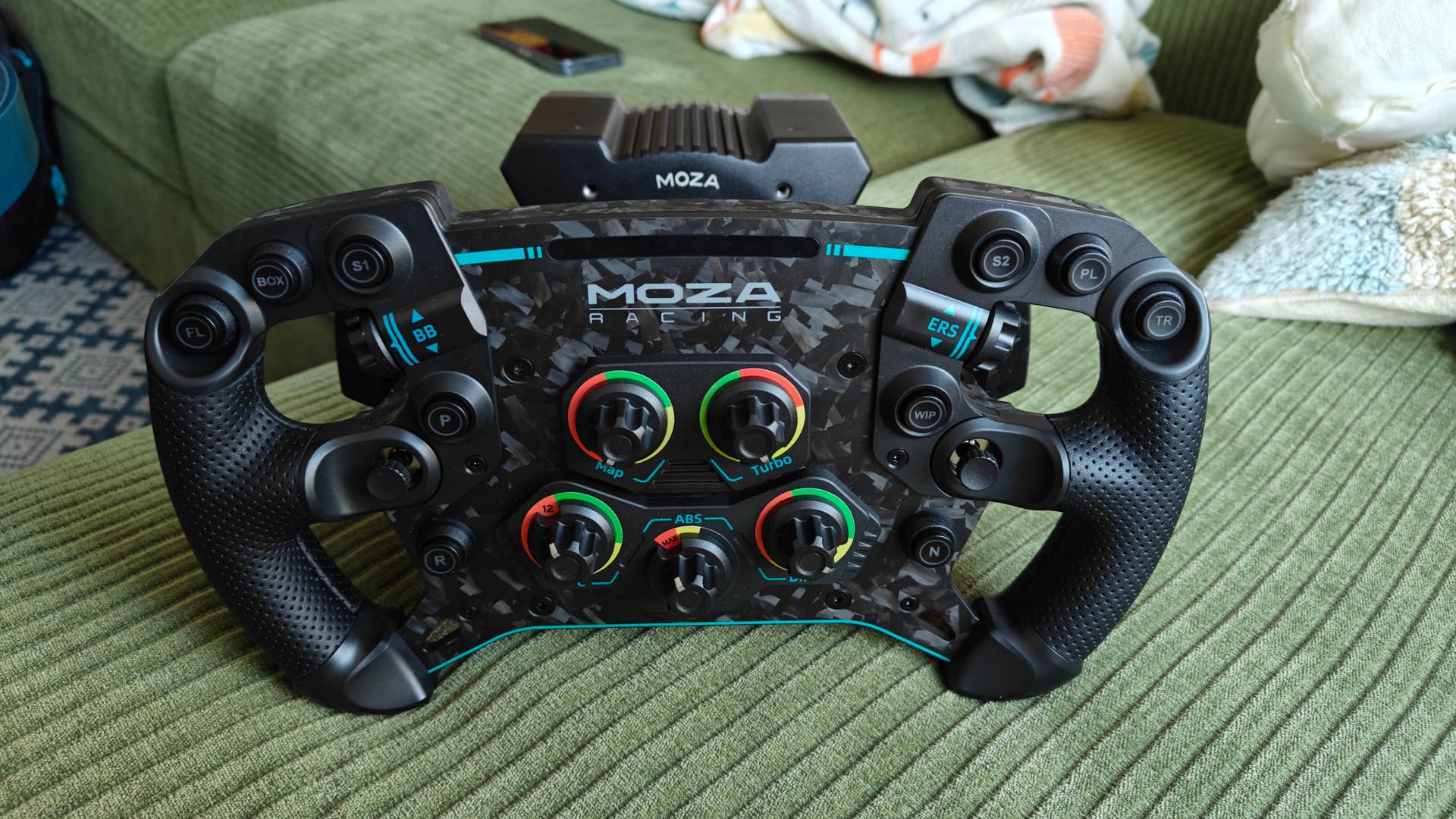
Moza stands out as a premier manufacturer, offering an extensive ecosystem of racing peripherals backed by intuitive Pit House software. Their R9 V3 wheelbase combined with the GS V2P rim delivers exceptional force feedback precision. While console compatibility requires adapters, their competitive pricing and modular ecosystem make them a top choice for PC enthusiasts.
- Strengths: Ergonomic design, superior force feedback, modular customization
- Drawbacks: Limited retail distribution, minimal native console support
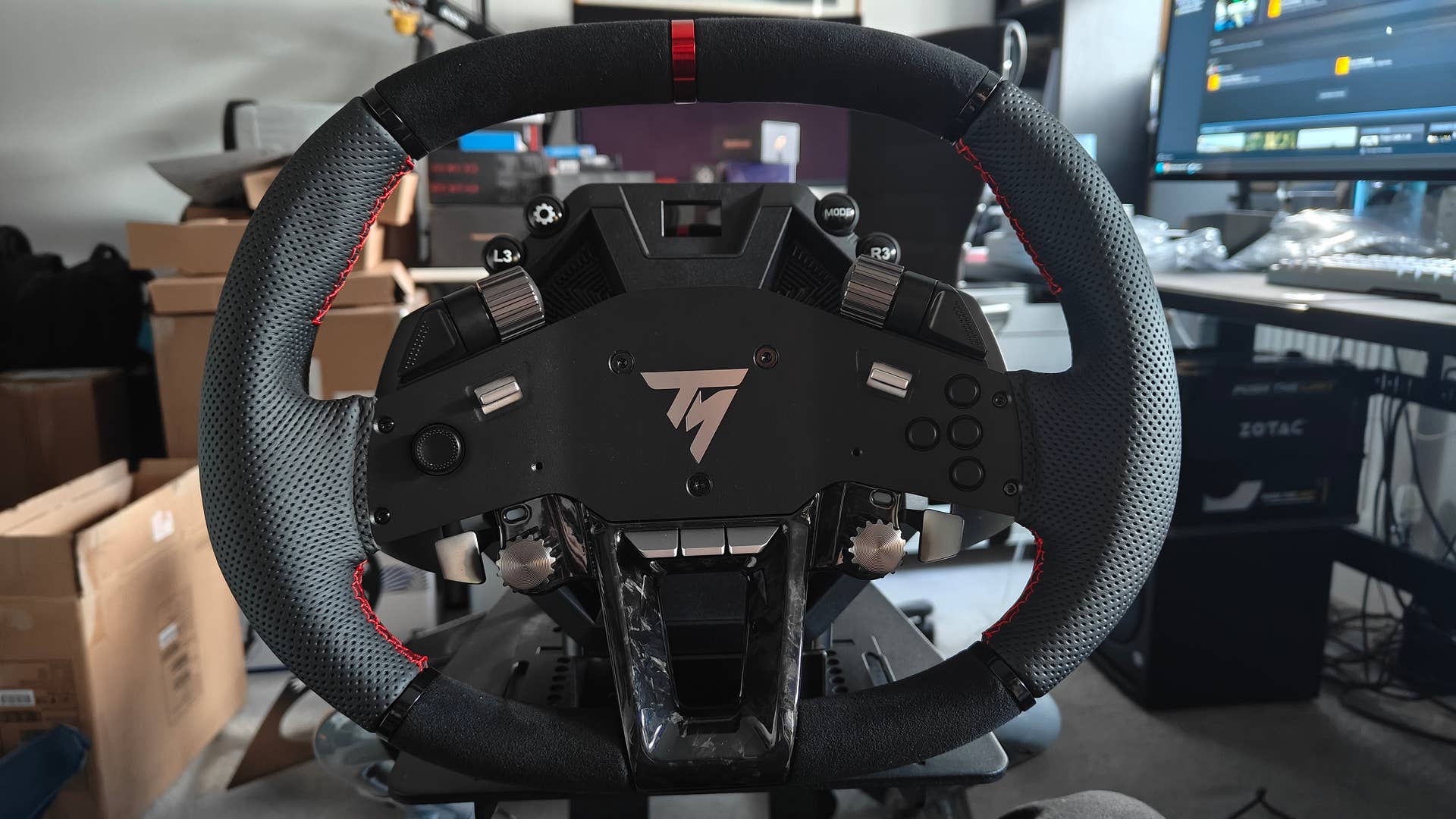



Thrustmaster’s T598 introduces innovative direct axial technology optimized for PlayStation ecosystems. While the bundled wheel surface feels underwhelming, the base demonstrates promising potential for firmware refinements. Compatibility with Hypercar wheel upgrades enhances functionality, though the ecosystem remains in early development stages.
- Advantages: Cross-platform compatibility, advanced drive technology
- Limitations: Basic stock wheel, emerging accessory ecosystem
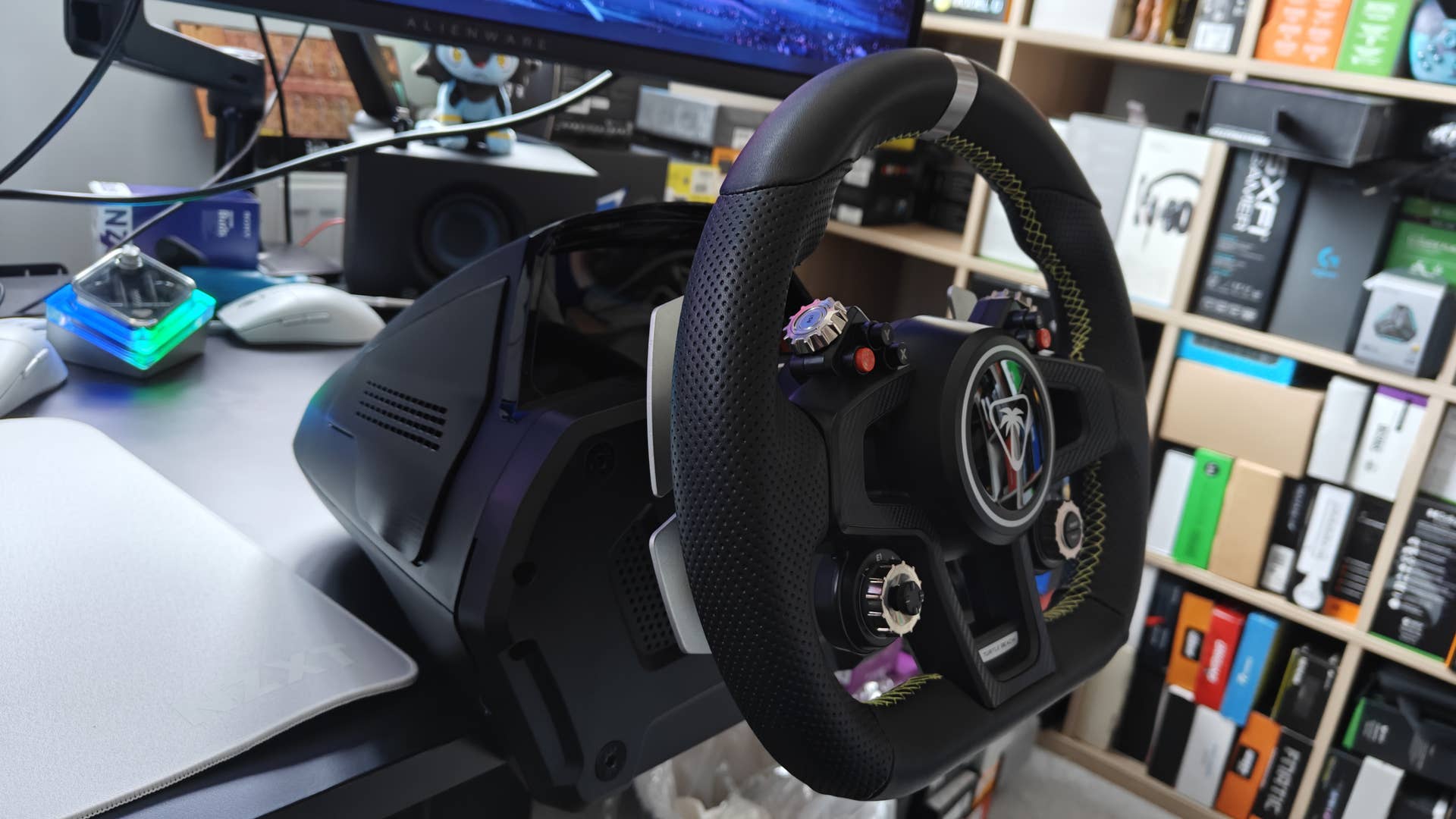



Turtle Beach’s VelocityOne delivers a compelling Xbox-compatible package featuring robust force feedback and built-in telemetry displays. While the wheel’s material quality trails competitors, its integrated load cell brakes and accessible design make it ideal for Microsoft ecosystem racers.
- Pros: Affordable premium features, Xbox optimization
- Cons: Limited expansion options, plastic-intensive construction
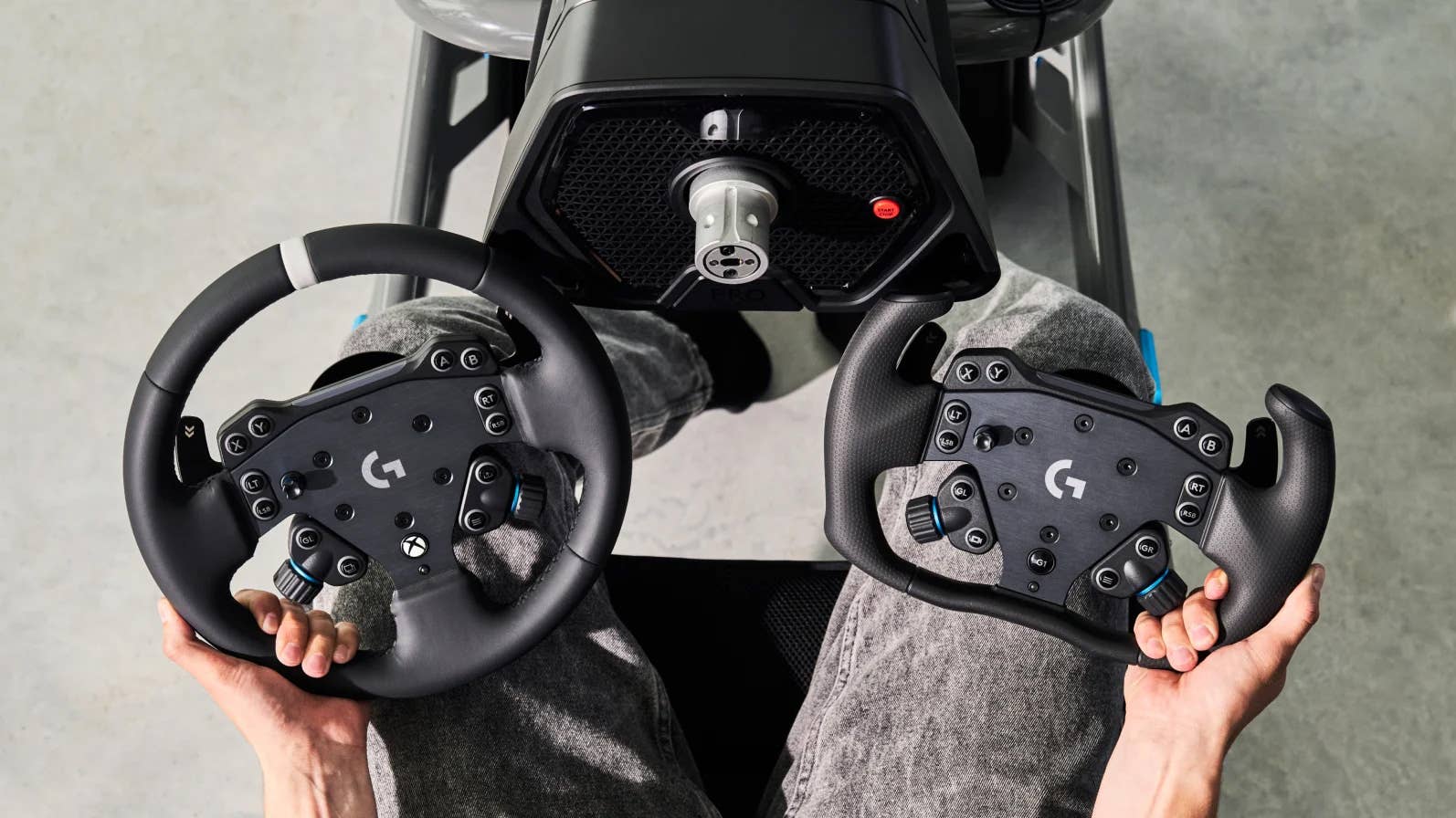



Logitech’s Pro Racing series represents the pinnacle of consumer-grade sim equipment, delivering industrial-grade durability and precision. The 11Nm wheelbase excels across racing genres, though its premium pricing and restricted accessory selection may deter tinkerers.
- Highlights: Industry-leading torque, cross-platform versatility
- Caveats: Premium pricing, constrained third-party support
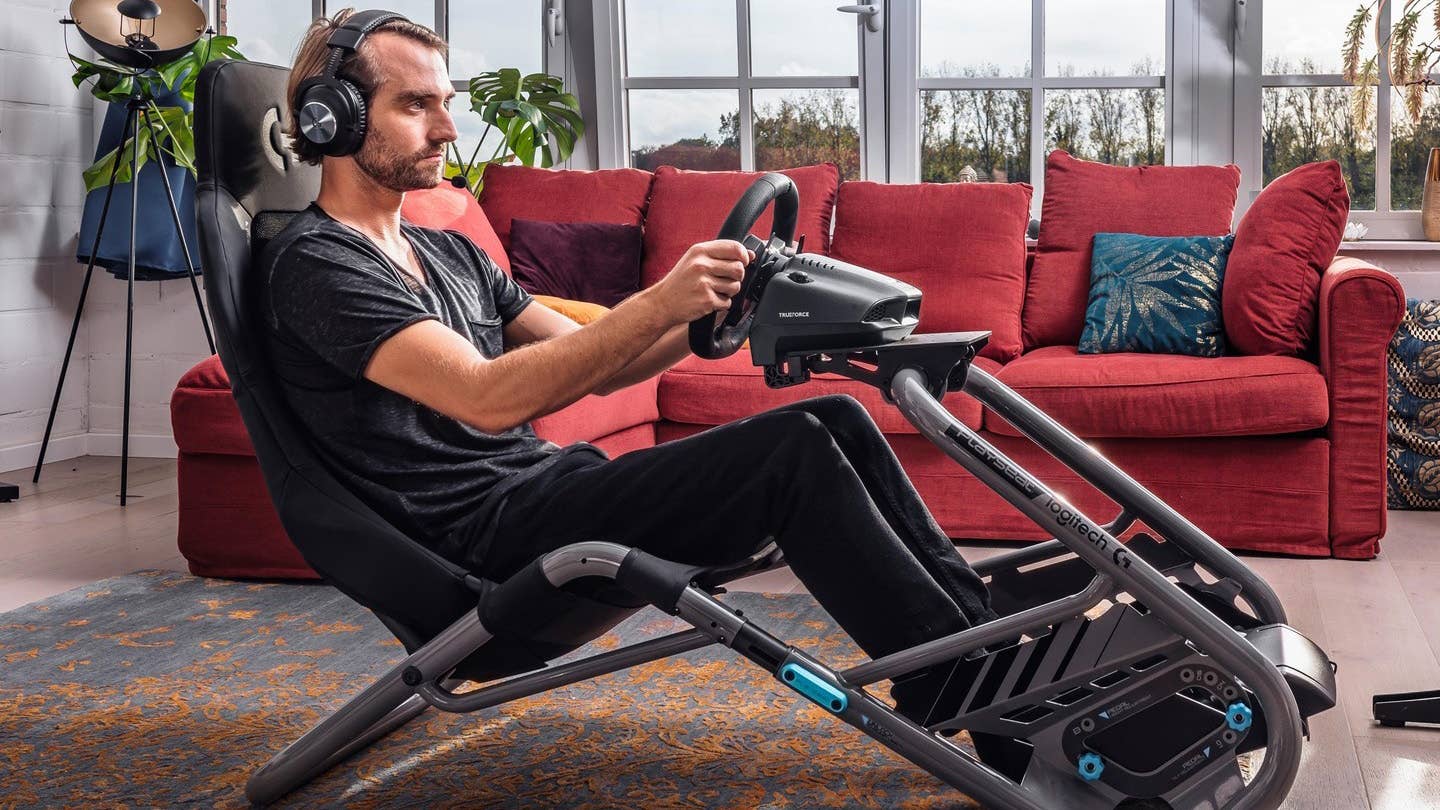



The Playseat Trophy cockpit balances structural integrity with semi-portable design, offering enhanced stability over foldable alternatives. While assembly requires patience, its ergonomic adjustments accommodate various body types and racing preferences.
- Benefits: Stable yet transportable, ergonomic flexibility
- Drawbacks: Space-intensive footprint, lacks accessory mounts
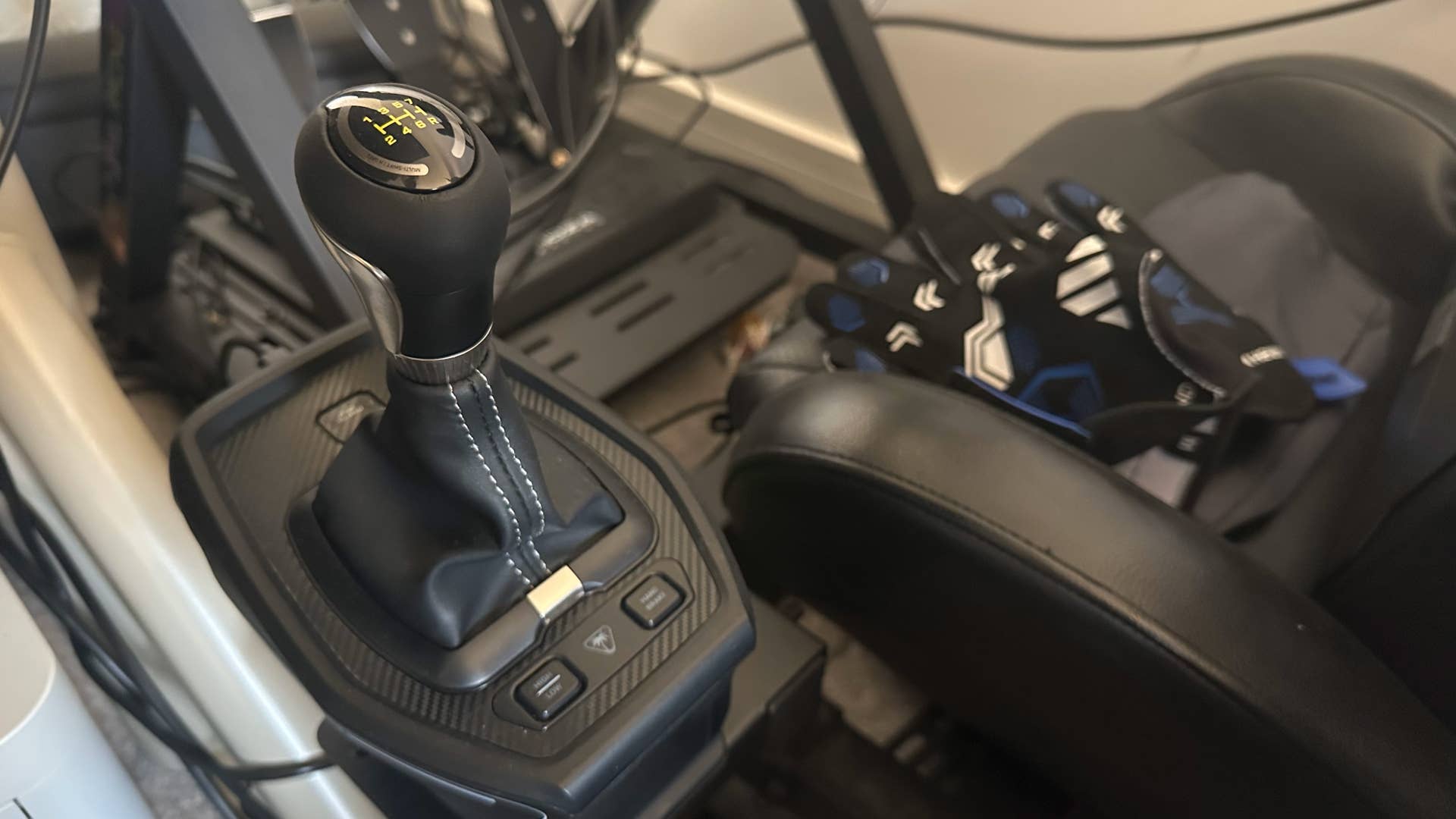



Turtle Beach’s Multi-Shift enhances immersion through adaptable input modes, featuring Hall Effect sensors for durability. While primarily PC-focused, Xbox functionality requires companion hardware, limiting platform flexibility.
- Strengths: Multi-functional design, tactile responsiveness
- Constraints: Restricted console compatibility

